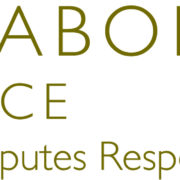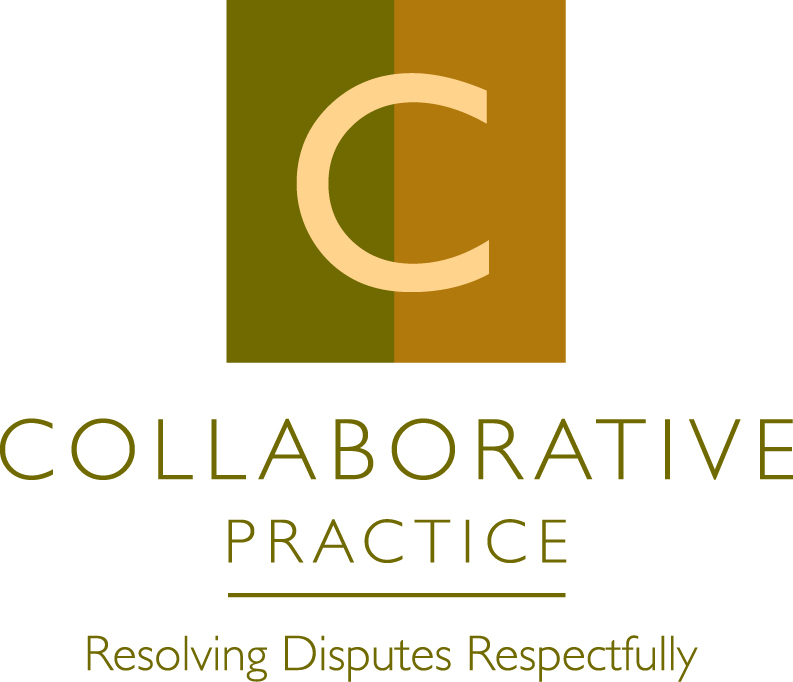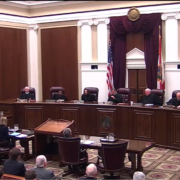Collaborative divorce is not for everyone. Sure, most families going through divorce would benefit from the private, secure, and non-adversarial nature of the collaborative process. However, it may not be right for you if certain things are important to you.
Collaborative divorce is not right for you if…
You are seeking revenge
If you are seeking revenge, collaborative divorce is not right for you. The collaborative process will not satisfy your need to see your spouse suffer. This is because, at the beginning of the case, everyone signs a collaborative participation agreement in which the spouses agree to engage in good faith discussions to reach a resolution. Each spouse has his or her own attorney, and the attorneys are there solely to help the clients reach an agreement. The attorneys cannot be used for opposition research, lengthy motion practice, or accusatory litigation.
 However, the attorneys are also there to safeguard the process. If an attorney believes that his or her client is no longer acting in good faith, or is only attempting to damage the other spouse, the attorney may have the right to terminate the process. This shuts down behavior meant to harass the other spouse. If the attorney believes his or her client can put the need for revenge aside, the collaborative process may continue. If not, the collaborative attorney has a duty to ensure that the process is not being used as a tool for vengeance.
However, the attorneys are also there to safeguard the process. If an attorney believes that his or her client is no longer acting in good faith, or is only attempting to damage the other spouse, the attorney may have the right to terminate the process. This shuts down behavior meant to harass the other spouse. If the attorney believes his or her client can put the need for revenge aside, the collaborative process may continue. If not, the collaborative attorney has a duty to ensure that the process is not being used as a tool for vengeance.
Further, the collaborative process generally involves a neutral facilitator, with a background in communication, childhood development, and family and power dynamics. The facilitator helps keep conversations productive and forward-focused rather than centered on past grievances. The facilitator is also there to address power imbalances and shortcut vengeful actions and communications.
Read more →



 However, the attorneys are also there to safeguard the process. If an attorney believes that his or her client is no longer acting in good faith, or is only attempting to damage the other spouse, the attorney may have the right to terminate the process. This shuts down behavior meant to harass the other spouse. If the attorney believes his or her client can put the need for revenge aside, the collaborative process may continue. If not, the collaborative attorney has a duty to ensure that the process is not being used as a tool for vengeance.
However, the attorneys are also there to safeguard the process. If an attorney believes that his or her client is no longer acting in good faith, or is only attempting to damage the other spouse, the attorney may have the right to terminate the process. This shuts down behavior meant to harass the other spouse. If the attorney believes his or her client can put the need for revenge aside, the collaborative process may continue. If not, the collaborative attorney has a duty to ensure that the process is not being used as a tool for vengeance.






